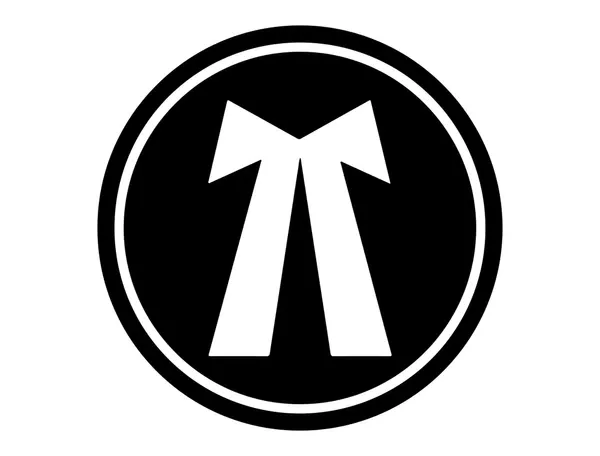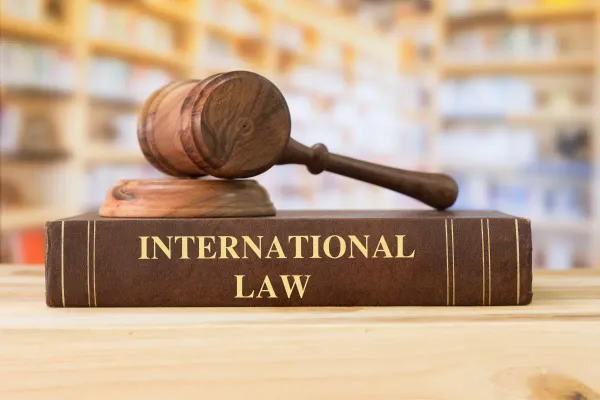Top Supreme Court Civil Law Judgments – April 2025 | LegalWiki

Author: Shivani Agrawal, Gitarattan International Business School, Delhi
Key Supreme Court and High Court Rulings in Civil Law
In April 2025, the Supreme Court and various High Courts across India delivered important judgments shaping the landscape of civil law. These decisions addressed issues such as court fee regulations, procedural norms, property disputes, and evidentiary rules—contributing to greater clarity, consistency, and efficiency in civil justice delivery.
Supreme Court Clarifies Applicability of Section 18 of the Limitation Act to Recovery Proceedings
The Supreme Court ruled that an acknowledgment of liability under Section 18 of the Limitation Act resets the limitation period, even if the payment's due date hasn't passed, in a case involving NMPT's demand for arrears on revised license fees. Read more..
Section 28 of the Contract Act Does Not Bar to Exclusive Jurisdiction Clauses: Supreme Court
The Supreme Court upheld the validity of exclusive jurisdiction clauses in employment contracts, ruling that disputes must be resolved in the specified court, as seen in the case of HDFC Bank employees filing suits outside Mumbai. Read more..
Supreme Court Flags Lengthy Pleadings & AI-Generated Submissions in Civil Suits
The Supreme Court expressed concern over lengthy and AI-generated pleadings in civil suits, stating they waste judicial time and complicate core issues, leading to prolonged trials and judgments. Read more..
Karnataka High Court held that Leave Encashment is a Constitutional Right under Article 300A
The Karnataka High Court held that an employee who has been dismissed from the service is still entitled to encashment of privilege leave as a constitutional property under Article 300A. Read more…
Bombay High Court Orders Maharashtra to Frame Policy for Managing Seized Vehicles
The Bombay High Court instructed the Maharashtra government to create a policy for managing vehicles seized by police and left in public spaces, following a petition about the nuisance caused in Mumbai. Read more..
Limitation Period Under Article 58 Begins When Cause of Action First Arises: Supreme Court
The Supreme Court clarified that the limitation under Article 58 starts from when the cause of action arises, not from when the plaintiff gains “full knowledge,” rejecting the Gujarat High Court’s contrary view. Read more..
Supreme Court Grants Relief to Wikipedia, Sets Aside Delhi HC Takedown Order in ANI Defamation Case
The Supreme Court set aside the Delhi High Court’s order directing Wikipedia to remove content from ANI’s page, citing lack of clarity on specific defamatory statements. Read more..
Delhi Police Mandates Written Permission for Loudspeaker Use, Sets Noise Limits
The Delhi Police now requires written permission to use loudspeakers or sound systems in public, as per noise pollution rules. Nighttime sound amplification is banned except in enclosed venues or emergencies. Tent and generator suppliers must verify police approval before supplying equipment. Read more..
Bombay High Court: Foreign Travel Not Valid Ground for Condonation of Delay
The Bombay High Court dismissed a plea to condone a 73-day delay in a revision application, ruling that foreign travel, even to visit family, is a voluntary act and not a valid ground for delay in legal proceedings. Read more..
Delhi High Court Restrains Coercive Action Against Le Meridien in License Renewal Dispute
The Delhi High Court has barred authorities from taking coercive action against Hotel Le Meridien and allowed renewal of its licenses without requiring the Health Trade License, which was cancelled in 2017 and is under judicial review. Read more..
Bombay High Court Rejects PIL Against Law Students Skipping Classes for Internships
The Bombay High Court dismissed a PIL by a Mumbai University law professor challenging law students taking permanent internships and missing classes, despite concerns over attendance falling below the mandatory 75% mark. Read more..
To read more, check out our website legalwiki.co




![Paid Internship Opportunity at PPG Legal [Delhi;Stipend Rs 5-15K]-Apply by Jan 31!](/content/images/size/w600/2026/01/Internship2.webp)